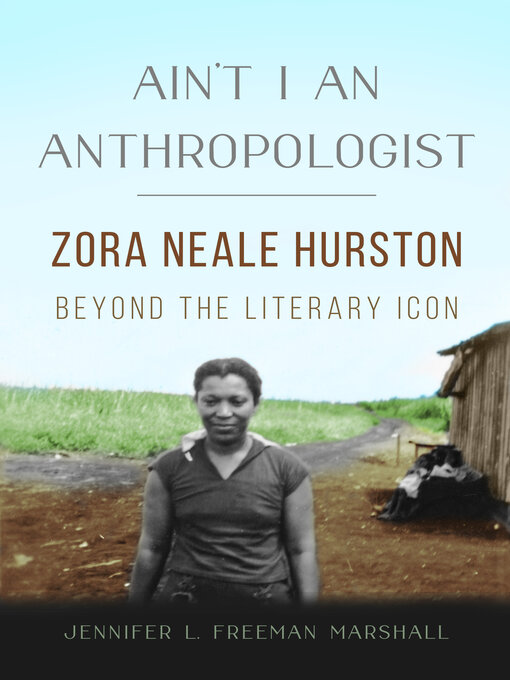Perceptive and original, Ain't I an Anthropologist is an overdue reassessment of Zora Neale Hurston's place in American cultural and intellectual life.
|AcknowledgmentsIntroduction: "Twice as Much Praise or Twice as Much Blame"
Works Cited
Index
|"As the public, scholars, writers, and creatives continue to engage with Hurston through ongoing book releases, studies, documentaries, and festivals, Freeman Marshall's work provides an important intervention that calls us to think about how we reconstruct and deploy Hurston as not only a talented storyteller and incisive ethnographer but also a consummate intellectual." —Another Chicago"Freeman Marshall makes clear that Hurston's reputation as an anthropologist has been undermined by the glamour of her rediscovery and subsequent literary 'canonization' . . . . Freeman Marshall also compellingly argues that 'Hurston's anthropological work has not been more fully recognized within the field of anthropology in part due to the marginalization of American folklore and in, in particular, African American folklore within the discipline.' Hopefully, with this new study, Hurston's contributions to anthropology will finally be recognized." —Southern Review of Books
"Doomed to obscurity, Zora Neale Hurston was then resurrected as a 'founding mother' of Black literature and folklore. Yet her pioneering work in African diaspora ethnography and anthropology, especially her work in Haiti, remains little-known. . . . Marshall concludes that Hurston's refusal to be defined as 'tragically colored' formed her genius as she 'embraces . . . the right to feel and be herself, idiosyncratic and sometimes puzzling, like any member of the human race.'" —Booklist starred review
|Jennifer L. Freeman Marshall is an associate professor in the Department of English and Interdisciplinary Studies at Purdue University.

